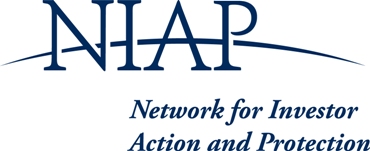In October, 2011, the Securities and Exchange Commission filed a complaint in the Southern District of New York against Citigroup. The complaint, which resulted from a multi-year investigation, alleged that just before the financial crisis of 2008, the bank had failed to make proper disclosures when it sold certain risky assets. The S.E.C. also presented the court with settlement terms that it had negotiated with Citigroup. If Citigroup paid a fine of two hundred and eighty-five million dollars and erected certain internal bulwarks against future fraudulence, the S.E.C. would drop its lawsuit and Citigroup would not have to admit any wrongdoing. A month later, Judge Jed Rakoff rejected the settlement. This wasn’t the first time that Rakoff had disagreed publicly with the S.E.C. In 2010, he grudgingly approved a similar settlement between the S.E.C. and Bank of America, calling it “half-baked justice at best.” Apparently, the Citigroup settlement wasn’t even that. In his opinion, Rakoff wrote that the settlement allowed the bank—a clear “recidivist”—to avoid taking responsibility for its actions, and that the S.E.C.’s fine was mere “pocket change” for a financial institution so large. Furthermore, by cutting off its lawsuit, the S.E.C. had “deprived” the American people “of ever knowing the truth in a matter of obvious public importance.” More in The New Yorker here.
